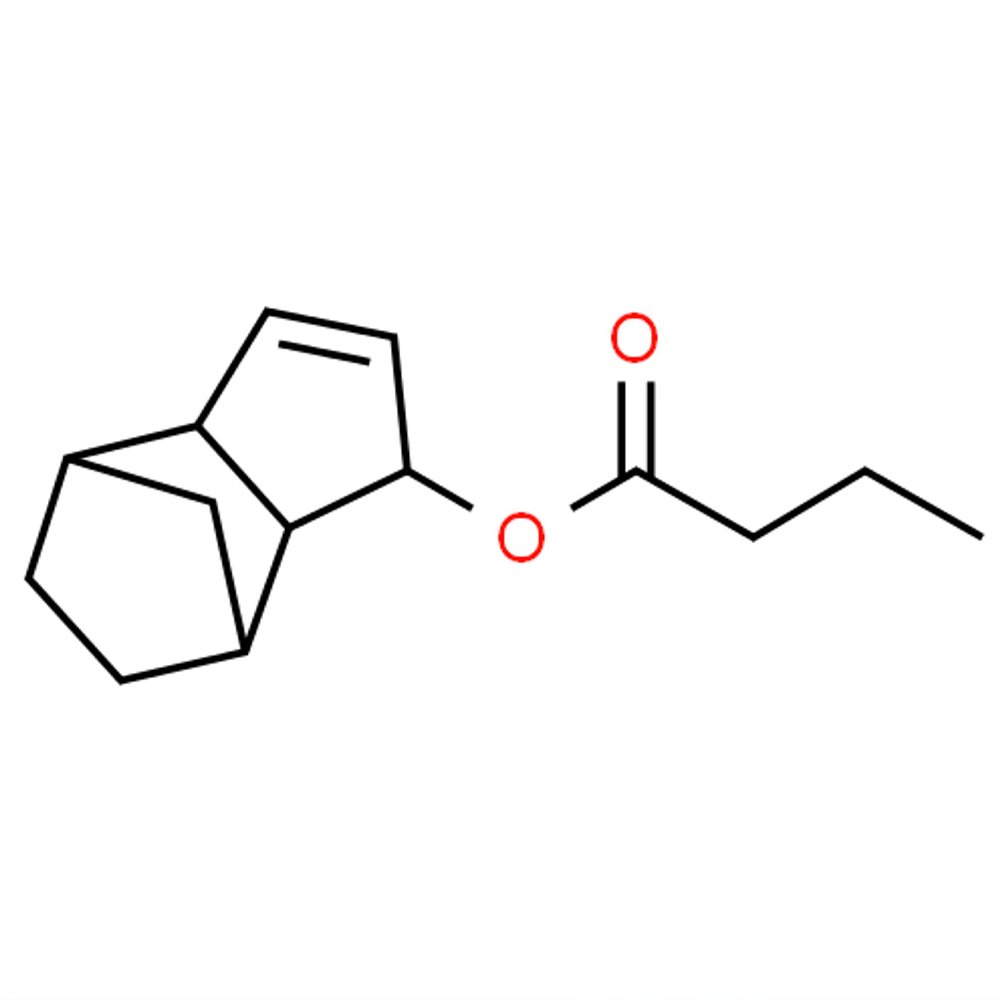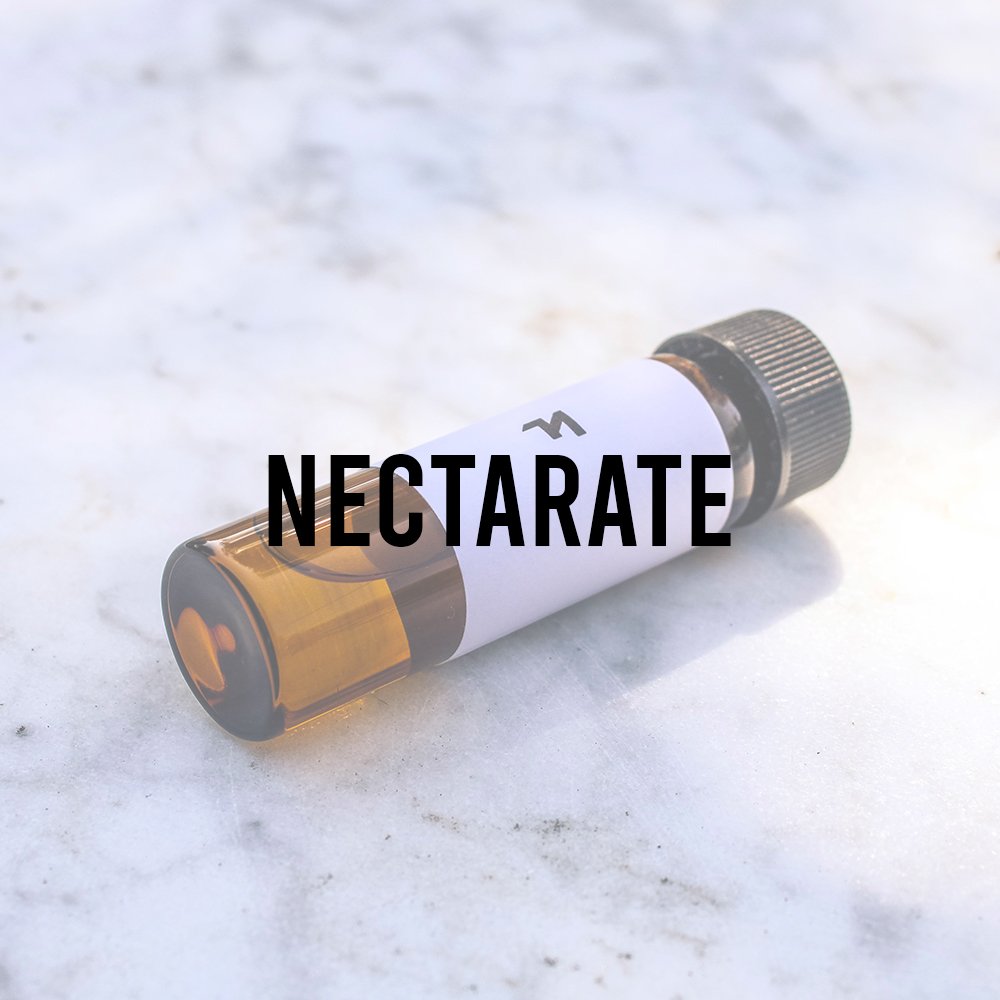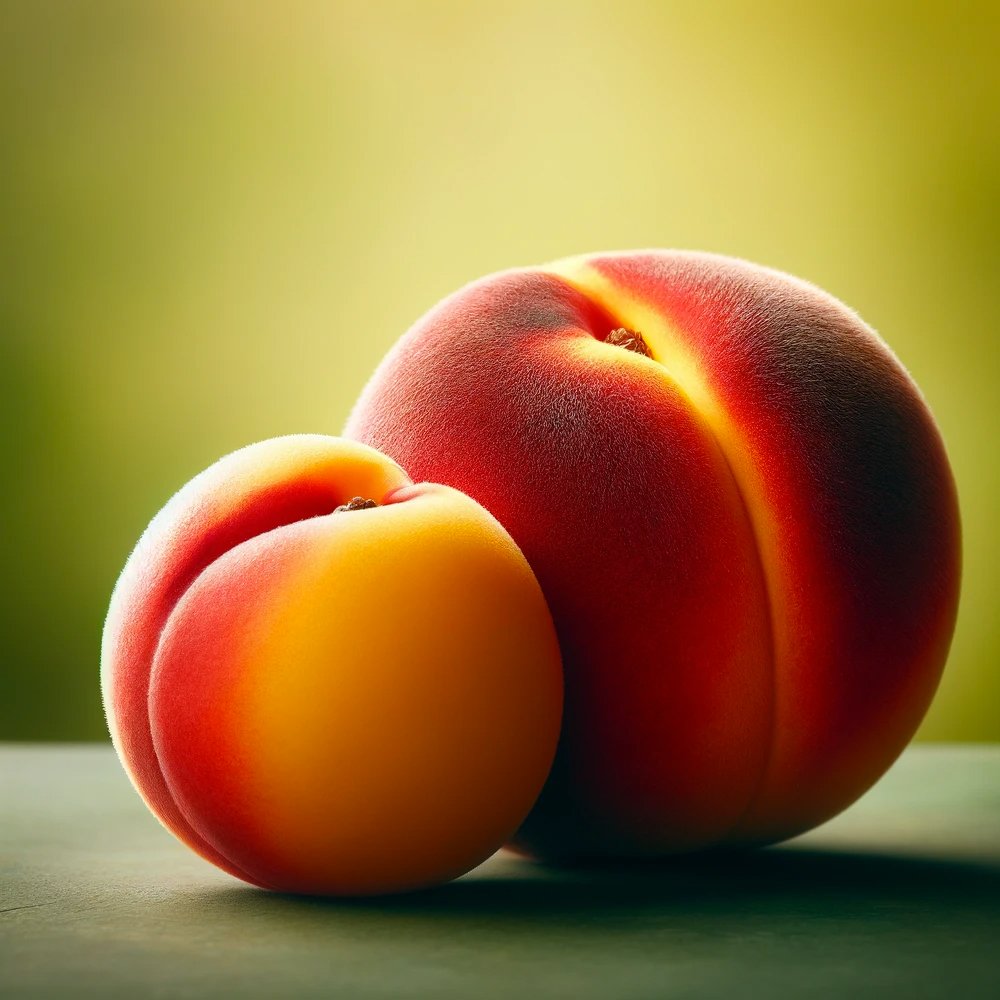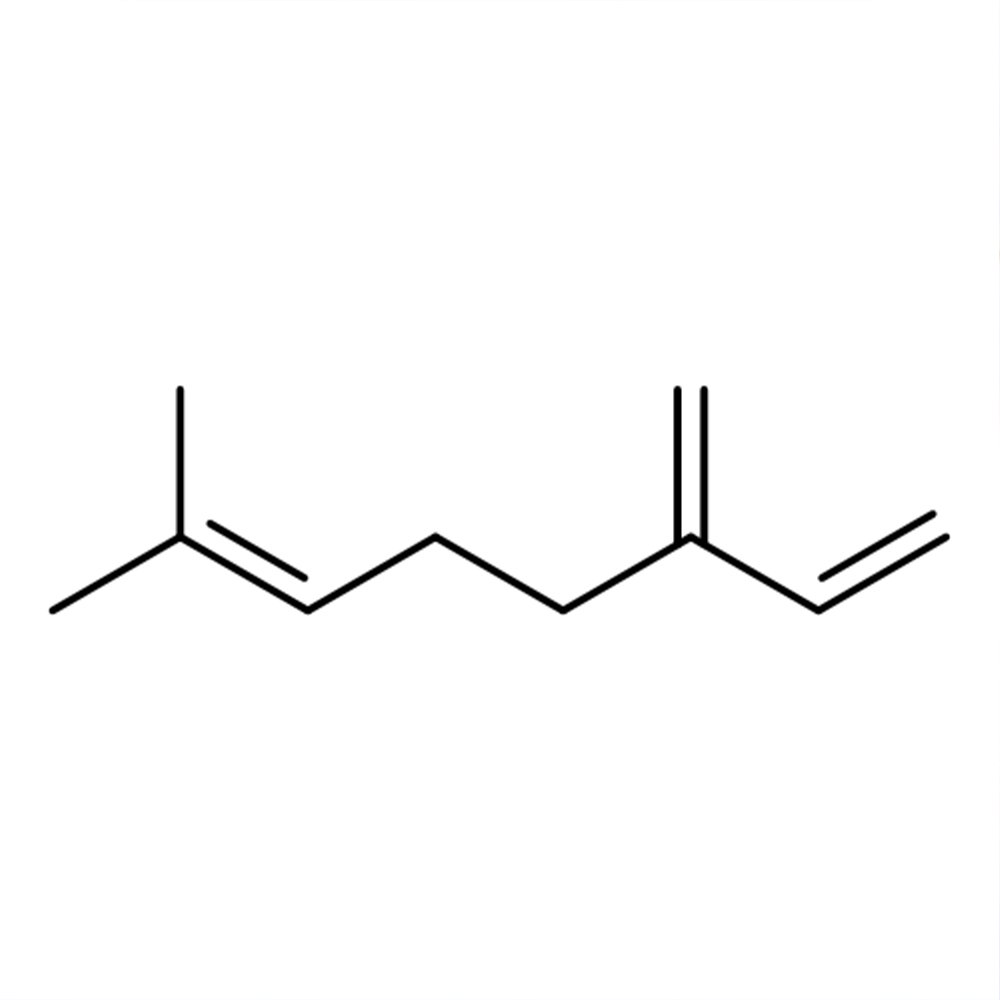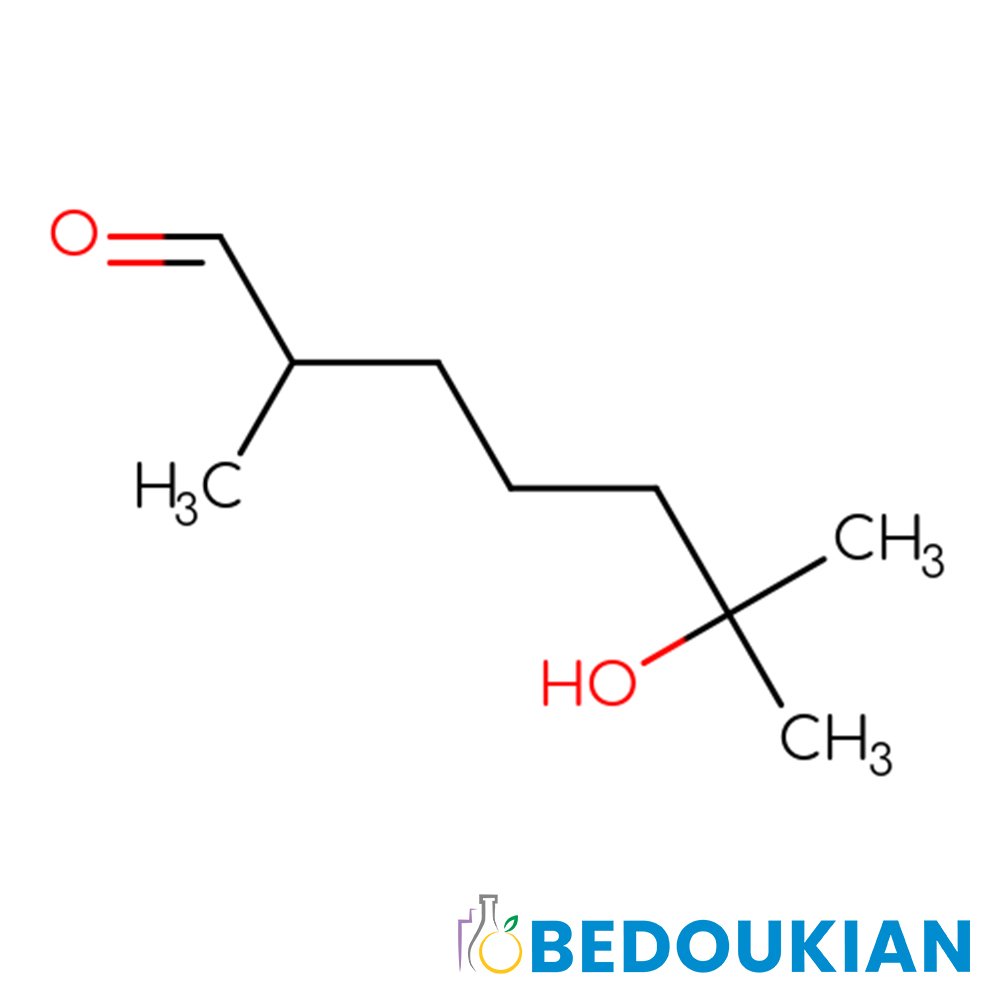Nectarate
Premium Synthetic Ingredient for Perfumery
Nectarate is a synthetic ester developed by IFF (International Flavors & Fragrances), prized for its distinctly fruity, peach-like aroma. Functioning as a top-to-heart note, it delivers juicy sweetness and freshness with high diffusivity and good wash-out resistance. Nectarate is frequently used in modern fruity-floral compositions to add naturalistic ripeness, roundness, and lift. Its olfactory behavior and formulation stability make it ideal for both fine fragrance and functional categories, including body care and ambient scenting.
Premium Synthetic Ingredient for Perfumery
Nectarate is a synthetic ester developed by IFF (International Flavors & Fragrances), prized for its distinctly fruity, peach-like aroma. Functioning as a top-to-heart note, it delivers juicy sweetness and freshness with high diffusivity and good wash-out resistance. Nectarate is frequently used in modern fruity-floral compositions to add naturalistic ripeness, roundness, and lift. Its olfactory behavior and formulation stability make it ideal for both fine fragrance and functional categories, including body care and ambient scenting.
Premium Synthetic Ingredient for Perfumery
Nectarate is a synthetic ester developed by IFF (International Flavors & Fragrances), prized for its distinctly fruity, peach-like aroma. Functioning as a top-to-heart note, it delivers juicy sweetness and freshness with high diffusivity and good wash-out resistance. Nectarate is frequently used in modern fruity-floral compositions to add naturalistic ripeness, roundness, and lift. Its olfactory behavior and formulation stability make it ideal for both fine fragrance and functional categories, including body care and ambient scenting.
Synthetic Ingredient Overview
🏭 Manufacturer: IFF (International Flavors & Fragrances)
🔎 IUPAC Name: Butanoic acid, 3a,4,5,6,7,7a-hexahydro-4,7-methano-1H-indenyl ester
🧪 Synonyms: Nectarate, IFF Nectarate
🧬 Chemical Formula: C₁₃H₂₀O₂
📂 CAS N°: 113889-23-9
📘 FEMA: 2735
⚖️ Molecular Weight: 220.31 g/mol
📝 Odor Type: Fruity
📈 Odor Strength: Medium
👃🏼 Odor Profile: Sweet, juicy peach-nectarine with a soft woody nuance
⚗️ Primary Uses: Fruity-floral top notes, fine fragrance, body care, rinse-off applications, ambient scenting
🧴 Appearance: Clear to pale yellow liquid
What is Nectarate?
Nectarate is a synthetic ester classified under saturated polycyclic carboxylic acid esters. It features a tricyclic backbone esterified with butanoic acid, engineered for olfactory clarity, chemical stability, and controlled volatility. Developed by IFF as part of their internal fruity materials portfolio, Nectarate is designed for use in formulations requiring realistic stone fruit character without aldehydic sharpness or instability.
Its low reactivity and resistance to hydrolysis make it compatible with various product matrices including aqueous, surfactant-rich, and emulsion systems.
Olfactory Profile & Perfumery Applications
👃🏼 Scent Description: Nectarate opens with an immediately juicy, uplifting peach-nectarine tone. The fruity note is rounded by a soft, woody undertone, making it useful in both naturalistic and abstract accords.
⚗️ Functional Role:
Operates as a top-to-heart note modifier
Enhances the realism of fruity accords (especially peach, mango, apricot)
Adds softness to floral-lactonic blends (e.g., jasmine, tuberose)
Improves substantivity through rinse cycles (textiles, hair care)
🧴 Blends well with:
Lactones (gamma-undecalactone)
Hedione-type musks
Light woody materials (ambrox, iso E derivatives)
It is particularly effective in summer, tropical, or gourmand profiles, and can be used to mask synthetic harshnessin cost-sensitive functional fragrance bases.
Industrial & Technical Uses
While primarily used in perfumery, Nectarate is also FEMA-listed (No. 2735) for flavor applications under restricted concentrations. It has been used in:
Beverage flavorings
Chewing gum and candy
Ambient air fresheners and aromatherapeutic diffusers
Due to its favorable organoleptic profile, it contributes a mood-lifting, appetizing character to ambient and consumer product formulations. It is not reactive and is not used in chemical synthesis beyond perfumery and flavor contexts.
Regulatory & Safety Overview
IFRA: Not restricted under current 51st Amendment
EU Allergens: Not among the 26 declarable fragrance allergens
FEMA: FEMA 2735 — GRAS for limited food use
ECHA (REACH): Registered; not classified as hazardous under CLP
Toxicology:
No sensitization or phototoxicity reported
Not mutagenic, carcinogenic, or endocrine-disruptive
Moderate biodegradability
Not PBT/vPvB
✅ Considered safe in cosmetics, fine fragrance, and limited flavor applications under standard concentrations
Sources
IFF Technical Documentation (2021–2023)
FEMA GRAS Database – Ingredient 2735
PubChem Compound Summary for CAS 113889-23-9
IFRA Standards – 51st Amendment
ECHA Substance Information – REACH compliance data
RIFM Safety Reports – Esters and Fruity Materials (2020–2023)
Peer-reviewed fragrance chemistry publications on synthetic fruity esters
